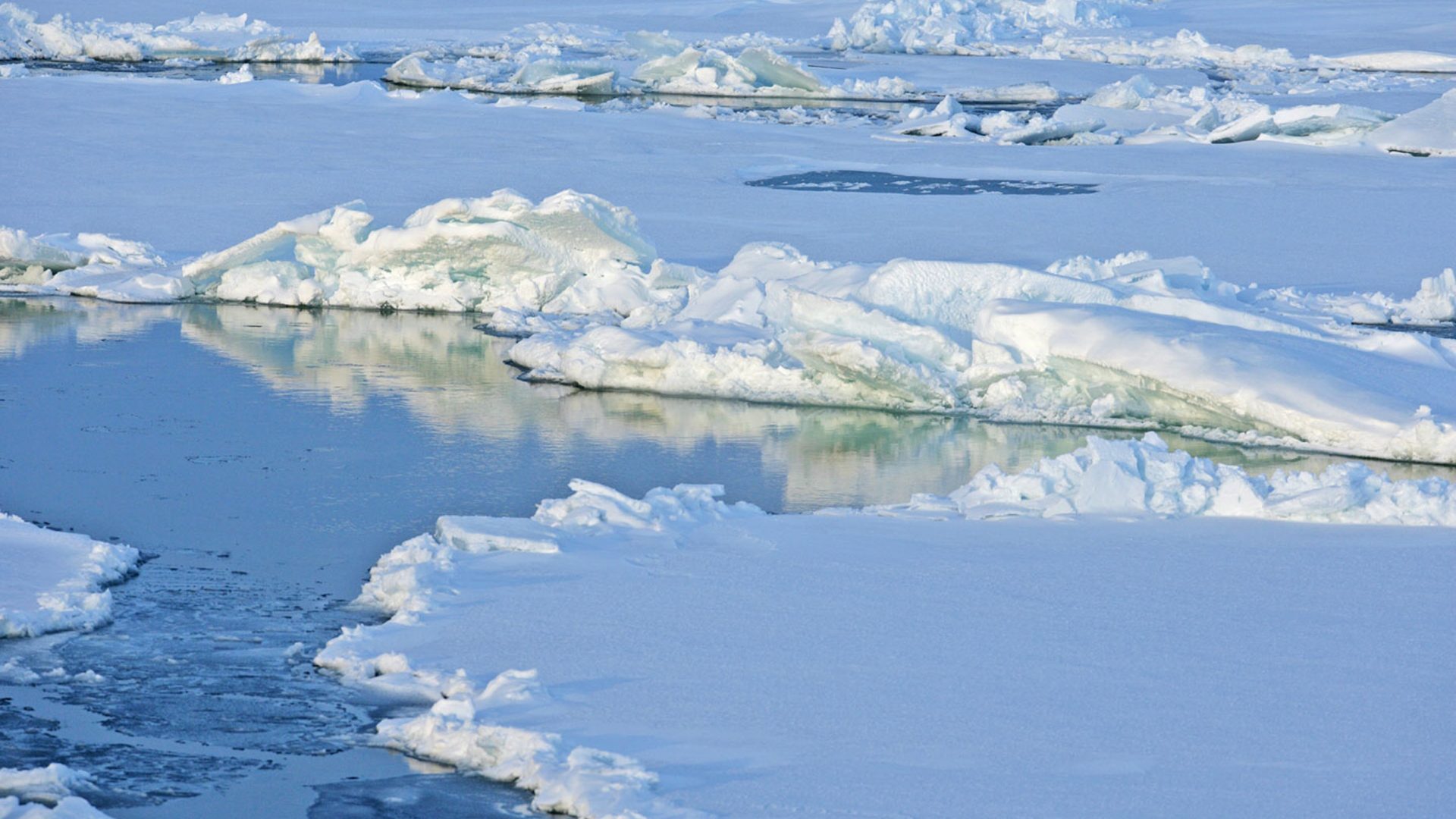
Are We Heading for An Arctic Oil War?
 The next resource war may happen not in the Middle East, but in the Arctic.
The next resource war may happen not in the Middle East, but in the Arctic.
That is the view of the one of NATO’s most senior commanders, Admiral James Stavridis, the supreme allied commander for Europe.
The Admiral’s argument is that as the ice melts because of climate change, the race for resources could lead to conflict in the Arctic. Its not a new argument, but what is new is that NATO is expressing such concerns publicly.
“For now, the disputes in the north have been dealt with peacefully, but climate change could alter the equilibrium over the coming years in the race of temptation for exploitation of more readily accessible natural resources,” argued Stavridis.
“The cascading interests and broad implications stemming from the effects of climate change should cause today’s global leaders to take stock, and unify their efforts to ensure the Arctic remains a zone of co-operation – rather than proceed down the icy slope towards a zone of competition, or worse a zone of conflict,” he adds.
He made his views known in a foreword to a paper published by a London-based think tank, entitled ” Environmental Security in the Arctic Ocean: Promoting Co-operation and Preventing Conflict”. The paper was written by Prof Paul Berkman, from the Scott Polar Research Institute.
His comments come as military’s top brass, politicians and scientists convene in the UK for a groundbreaking 3-day Conference on environmental security being convened by NATO and the SPRI, and being organised by Berkman.
In what seems an unusual merging of military and scientific interests, are an attempt to create a dialogue with Moscow aimed at averting a second cold war. There will also be contributions from senior British, Danish, Finnish, Icelandic and Norwegian delegates with participants from 16 nations.
The conference brochure argues that the changes in the Arctic, where a permanent ice cap is set to be replaced by seasonally ice-free sea in the future, “is the largest environmental state-change on Earth and it brings potential economic, political and cultural instabilities as well as opportunities that have regional and global implications”.
Amongst the speakers it is good to see that Robert Corell, the chair of the Arctic Climate Impact Assessment is speaking. Their groundbreaking report six years ago warned of the dangers to the Arctic from climate change.
But you get the impression, that despite this high-level conference that may try and build cooperation and consensus, all the countries involved are preparing a grubby grab at as much oil and gas that they can get their hands on.
As Dr Berkman pointed out in his article, “There are forums for international co-operation in the Arctic, most notably the Arctic Council, but peace in the Arctic Ocean has yet to be explicitly established as a common interest.”
Therefore “risks of political, economic and cultural instabilities are inherent consequences”.
And that could well mean conflict.
“In effect, the cold war never ended in the Arctic Ocean,” says Berkman.
